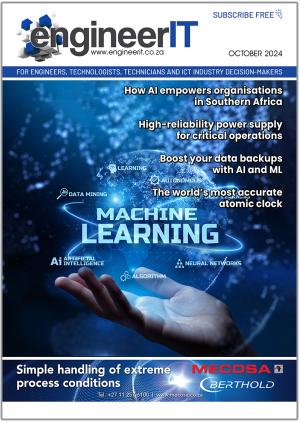COSMIC is Astroscale’s solution for a UK national active debris removal (ADR) mission to remove two inactive British satellites from space. This next mission phase will focus on maturing and de-risking key technologies identified in the previous UK ADR phases such as the robotic capture system and debris detumbling capabilities.
By leveraging flight heritage in rendezvous and proximity operations from Astroscale’s current missions, COSMIC aims to ensure delivery of an assured, safe and highly reliable UK ADR capability.
“The global space industry continues to set new records for the number of satellites launched into orbit with more than 2 780 launched in 2023 alone. While these satellites deliver valuable services back to people on Earth, we also need to make sure we protect the space environment and develop new ways to remove space debris. That’s why this next phase of work towards a national ADR mission is so important. We want to build on the successful completion of the preliminary mission designs and support Astroscale and their partners as they continue to develop and derisk this innovative technology,” Paul Bate, CEO of UKSA, said in a statement.
Space junk is becoming a major problem
While a paint chip may not sound dangerous to anyone on Earth, an errant paint chip in orbit can be deadly. In an orbit like the International Space Station (ISS), those objects zoom along at around 5 000 km/h.
Most pieces of space junk are small although there are much larger pieces. In 2009, two satellites collided, destroying both, which put a ton of debris into orbit. Passing through that debris cloud can be deadly so NASA and other agencies track what space junk they can. The space junk orbiting the planet includes around 3 000 inactive satellites and approximately 34 000 pieces of junk that measure larger than 10 cm with millions of smaller pieces threatening anything launched into orbit.















